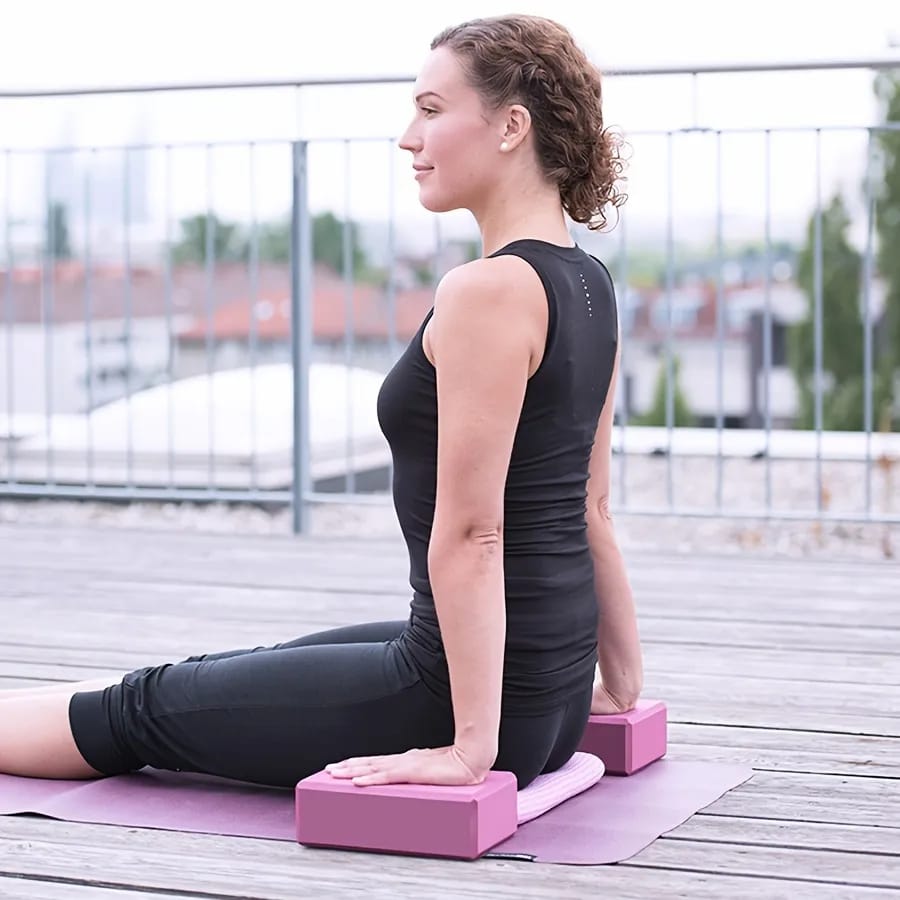The effectiveness of Yoga
The Movements of Life
Effectiveness of Yoga Classes
Yoga classes are highly effective for reducing stress and promoting relaxation.
The combination of physical postures, breath control, and mindfulness techniques helps calm the mind and reduce the body's stress response.
Flexibility and Mobility - Regular yoga practice can significantly enhance flexibility and joint mobility.
As individuals progress in their practice, they can achieve a greater range of motion in their muscles and joints.
Strength and Toning - While not as intense as weightlifting, yoga can improve muscle strength, particularly in the core, legs, and upper body.
Poses like Chaturanga Dandasana and Plank require significant upper body strength.
Balance and Coordination - Many yoga poses challenge balance and coordination.
Practicing standing balances like Tree Pose or Warrior III can improve these skills.
Posture Improvement - Yoga emphasizes proper alignment and body awareness, which can lead to better posture in daily life.
Mind-Body Connection - The focus on the mind-body connection fosters self-awareness, mental clarity, and emotional well-being.
This connection helps individuals make healthier choices and manage stress.
Pain Relief - Yoga can alleviate chronic pain conditions, such as lower back pain or arthritis, by improving flexibility and muscle strength.
Persistence of Yoga Classes
The benefits of yoga are best realized through consistent practice. Attending classes regularly and maintaining a home practice can lead to long-term benefits.
Yoga offers a journey of self-improvement. Participants often find that they continue to discover new depths in their practice, making it an enduring pursuit.
Yoga can be adapted to suit various ages and fitness levels. As individuals age or face physical challenges, they can continue to practice modified forms of yoga.



